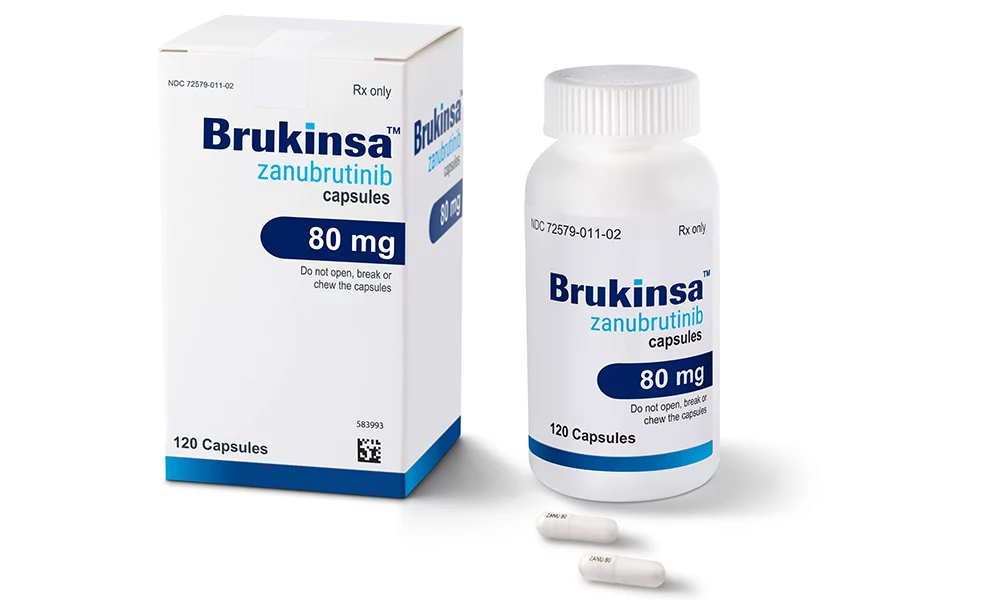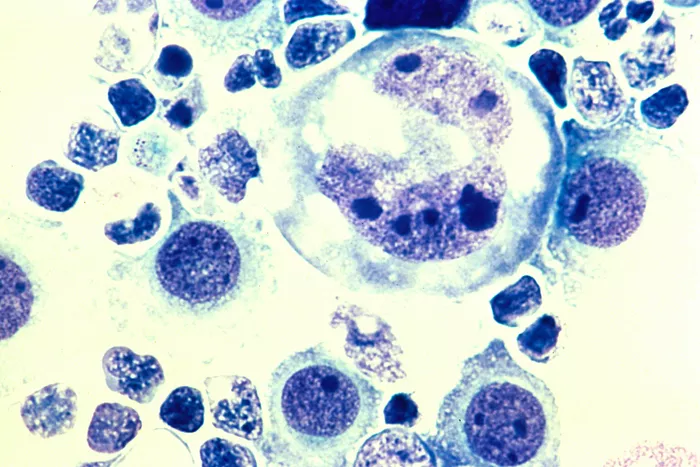In a clinical trial, the tumor size of 80% of patients with specific types of lymphoma was reduced after using zanubrutinib. Lymphoma cancer is one of the most common cancers in the United States, accounting for about 4% of all cancer cases. Lymphoma cancer can occur at any age. In fact, it is one of the most common cancers in children, adolescents and young adults. Nevertheless, the chance of acquiring lymphoma cancer increases with age, and more than half of patients are 65 years old or older at the time of diagnosis.

Lymphoma is a kind of cancer involving the lymphatic system, which is an integral part of the body's mechanism against germs. There are many different types of lymphoma, but the two most common are Hodgkin's lymphoma and non Hodgkin's lymphoma.
In an early study conducted by the Rogers cancer center of the University of Michigan Department of health, the oral drug zanubrutinib was shown to help most patients with a slow-growing cancer, marginal zone lymphoma.
Among the 20 patients with marginal zone lymphoma who participated in the clinical study, 80% of the patients' cancer shrank, and one fifth of them were in complete remission. In 33 people with follicular lymphoma, a similar cancer, the response rate of the drug was significantly reduced. 18% showed no signs of cancer at the time of imaging examination.
The most common side effects of zanubrutinib are diarrhea, bruises and rashes, as well as colds, fever and decreased levels of white blood cells, which are important to fight infection and are part of the immune system.

Stained and enlarged human lymphoma tumor cells. Source: National Cancer Institute / National Institutes of health
Based on the results of this study and a secondary study code named magnolia, the U.S. Food and Drug Administration approved zanubrutinib as an emergency treatment for adult patients with marginal zone lymphoma who have relapsed or proved resistant to other treatments.
Dr. tycel Phillips, a hematologist at Rogers cancer center, a clinical associate professor at the University of Michigan School of medicine, and the lead author of the study, said: "there is a great need for better tolerable and better disease control treatments for marginal zone lymphoma and follicular lymphoma. Although the small scale of this study limits a wide range of conclusions, the safety and efficacy results highlight the potential of zebutinib as a supplement to existing therapies for these cancers.".
Lymphoma is a cancer that begins in the lymphatic system, the tissues and organs that produce and store white blood cells. Limbic and follicular lymphomas develop when white blood cells called B cells are damaged and begin to grow uncontrolled.
So far, doctors have not been able to cure patients' marginal zone or follicular lymphoma through chemotherapy, so researchers have been eager to find other more tolerable and successful treatment methods.
Zanubrutinib is a new drug called Bruton tyrosine kinase inhibitor. It can block an enzyme called Btk, which plays a key role in the signal pathway that lymphoma often depends on in order to survive and grow. The drug is the third Btk inhibitor approved for the treatment of cancers that begin with B cells.